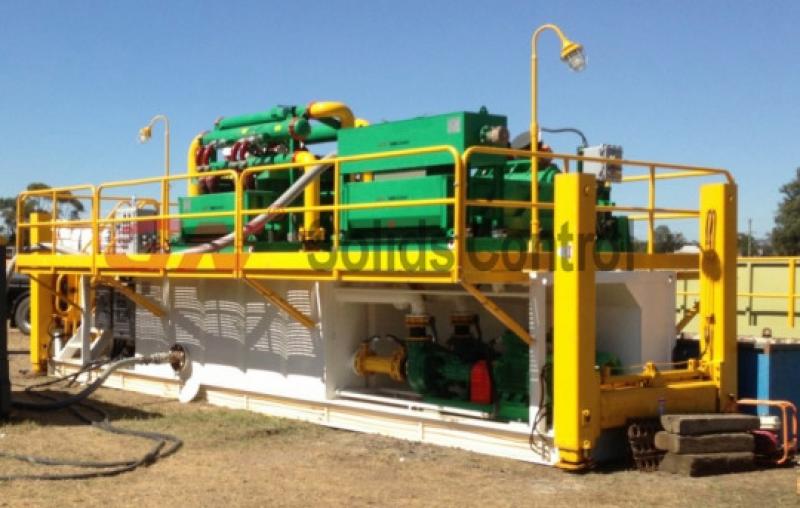As is known to all and recognized by more
and more people, a waste management system is more and more important for an
oil and gas drilling jobsite. In some countries, there are strict laws that
without a drilling waste management system,
the drilling rig is not allowed to start.
Nowadays, the most popular waste management
system is combined by a vertical cuttings dryer and a high speed decanter
centrifuge. The vertical cuttings dryer is working like a washing machine’s
drying process, and the liquid phase discharged by the vertical cuttings dryer
falls into a tank under the cuttings dryer, and then transferred to the
centrifuge for further treating.
GN Solids Control is very professional in
manufacturing such waste management systems. Just in year 2014, GN has produced
tens of similar systems with one of GNCD930C/CVFD vertical cuttings dryer
and a GNLW363CG/CG-VFD decanter centrifuge.
Such systems are working well at jobsites of many countries and places,
including Shell’s and Baker Huges’jobsites.
Although all such systems are for further
separating the drilling cuttings discharged by solids control system in former
phase and they are nearly same, but since each jobsite is different, the
feeding method differs a bit. Per the layout of jobsite and the material
conditions, there are mainly 3 kinds of feeding methods:
1. Using
a hose pump for transporting the material into the vertical cuttings dryer. A
hose pump itself is small in size. It has some self suction function, but not
so common as following two methods.
2. Using
a screw conveyor (auger) and a screw pump for feeding the
vertical cuttings dryer.
3. Using
two screw conveyors for feeding, one is horizontal and the other is a slope
one.
In both above mentioned methods, the first
screw conveyor could have a hopper for collecting drilling cuttings.
No matter which method is chosen for a
certain jobsite, it depends on the jobsites’ space and requested layout, and
also affected by material condition as the density and viscosity. May you have
requests for this, welcome to contact us freely and our engineer will make out
for you the most suitable solution.
